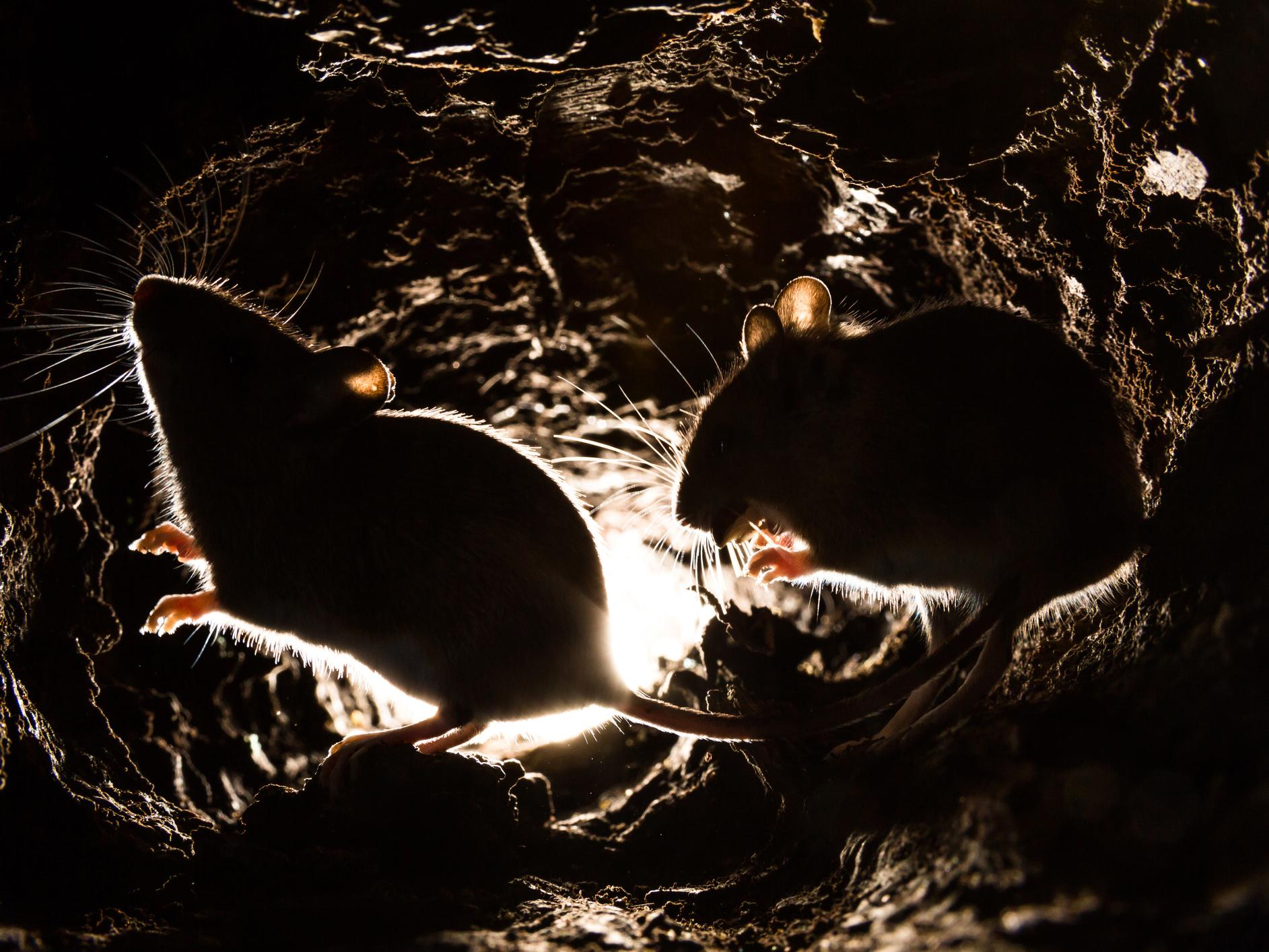UK must eradicate swarms of invading rodents from island territories to meet nature targets, says RSPB
'What is needed now is the political will and funding to help carry out this much-needed work and restore these islands to their previous magnificence'

Your support helps us to tell the story
From reproductive rights to climate change to Big Tech, The Independent is on the ground when the story is developing. Whether it's investigating the financials of Elon Musk's pro-Trump PAC or producing our latest documentary, 'The A Word', which shines a light on the American women fighting for reproductive rights, we know how important it is to parse out the facts from the messaging.
At such a critical moment in US history, we need reporters on the ground. Your donation allows us to keep sending journalists to speak to both sides of the story.
The Independent is trusted by Americans across the entire political spectrum. And unlike many other quality news outlets, we choose not to lock Americans out of our reporting and analysis with paywalls. We believe quality journalism should be available to everyone, paid for by those who can afford it.
Your support makes all the difference.Swarms of rodents must be eradicated from the UK’s overseas territories if the nation is to fulfil its pledges to promote nature recovery, experts have warned.
Eradicating invasive mammals from 169 islands worldwide would boost the survival chances of a tenth of Earth’s most threatened island species, a new study found.
These sites include 20 islands controlled by the UK, which are home to critically endangered birds like the Tristan albatross and the Gough bunting.
Mice, rats and cats introduced by humans have overrun many of these territories, where they prey on the chicks of vulnerable birds.
The RSPB, which is involved with eradication projects in British territories, said the UK and other governments must urgently fund this work in order to meet international nature commitments.
“This study is an invaluable global assessment of where these future conservation opportunities exist and supports regional and national decision-making about where and how to prevent extinctions,” said Dr Nick Holmes, lead author on the study from Island Conservation - a non-profit organisation with the mission to prevent extinctions by removing invasive species from islands.
A ranking of islands in the study finds one of the best sites for such a programme is the UK’s Gough Island, part of the Tristan da Cunha overseas territory in the South Atlantic.
There, introduced mice are eating the chicks of ground nesting seabirds, threatening some species with extinction.
Fortunately, a mouse eradication project is already planned there from 2020 to preserve bird species there found nowhere else on the planet.
Islands are a hotspot for extinctions, according to the research by experts from around the world, including the RSPB and Birdlife International.
They have seen three quarters of the known bird, mammal, amphibian and reptile species extinctions since 1500, with invasive species often the culprit.
The study published in the journal PLOS One looked at the distribution of 1,184 highly threatened native birds, mammals, reptiles and amphibians and 184 non-native mammals on 1,279 islands worldwide.
It drew up a list of 169 islands where eradication schemes could start from 2020 or 2030, based on the extinction risk of native species, the impact of invasive animals and the technical and political feasibility of such a programme.
In total, 107 islands were identified where it was both technically and politically feasible to initiate an eradication programme by 2020.
“This study shows how important it is to remove invasive mammals from islands to prevent further extinctions,” said Jonathan Hall, the RSPB’s head of UK Overseas Territories. “What is needed now is the political will and funding to help carry out this much-needed work and restore these islands to their previous magnificence.”
Since the data for the report was collected, some of the islands identified have already been the sites of successful projects.
The UK’s South Georgia was the site of the world’s most ambitious eradication programme to date, and was declared rat-free last year.
Additional reporting by Press Association
Join our commenting forum
Join thought-provoking conversations, follow other Independent readers and see their replies
Comments